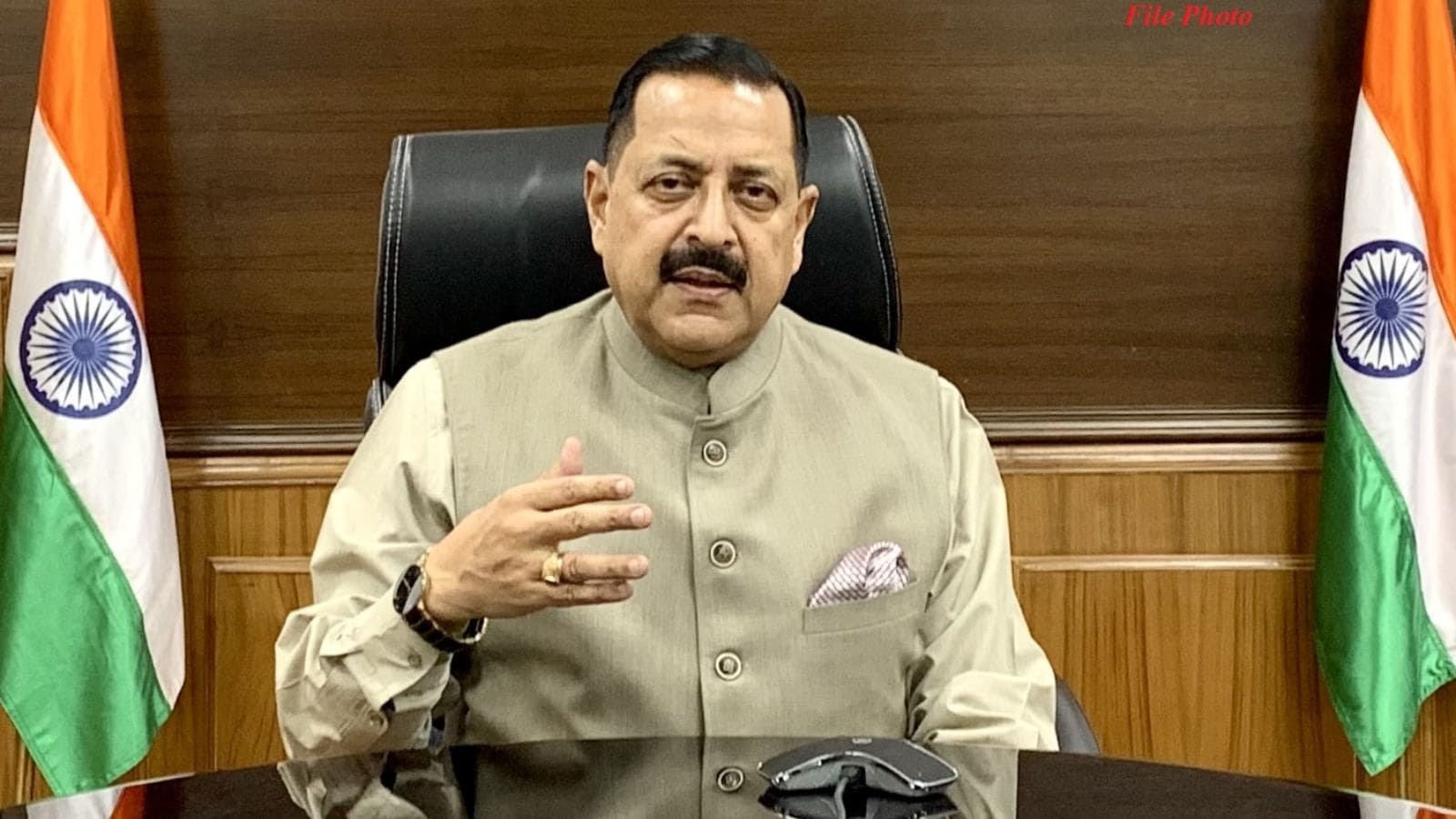
Policy Update for Government Employees
Central government employees are now eligible to take up to 30 days of earned leave annually for personal reasons, including the care of elderly parents, according to a statement by Union Minister of State for Personnel Jitendra Singh. This provision was disclosed during a parliamentary session on July 24, addressing a query regarding leave entitlements for caregiving responsibilities. The policy aligns with the Central Civil Services (Leave) Rules, 1972, which govern leave accruals for most government staff. Singh emphasized that the rules allow flexibility in utilizing leave for personal needs, including family obligations. This update reflects a growing recognition of work-life balance challenges faced by public sector employees, particularly those managing familial responsibilities alongside professional duties.
Leave Entitlements and Rule Framework
The Central Civil Services (Leave) Rules, 1972, which took effect on June 1, 1972, outline a comprehensive framework for leave accruals. Under these rules, employees receive 30 days of earned leave, 20 days of half-pay leave, eight days of casual leave, and two restricted holidays annually. These entitlements are designed to accommodate a variety of personal circumstances, including caregiving for aged parents. The rules also permit the use of leave for other personal reasons, ensuring employees can manage both professional and family obligations effectively. Notably, railway staff and members of the All India Services follow separate regulations, which are not covered under this particular framework.
Leave Management and Credit System
Government employees’ leave entitlements are managed through a structured credit system. Leave credits are allocated to an employee’s “Leave Account” on January 1 and July 1 each year. These credits are then debited when leave is taken, with certain types of leave, such as maternity or study leave, not subject to debiting. The system allows for flexibility in leave planning, enabling employees to balance their work commitments with personal needs. Additionally, executive instructions issued by the government govern specific leave types like casual leave and compensatory offs, ensuring adaptability to changing work environments and employee requirements.
Broader Implications for Work-Life Balance
The introduction of this leave policy underscores a shift toward prioritizing work-life balance in public sector employment. By explicitly allowing leave for elderly parent care, the government acknowledges the increasing demands of caregiving responsibilities, particularly in an aging population. This provision not only supports employees in managing familial obligations but also enhances job satisfaction and retention. The policy’s alignment with the Central Civil Services (Leave) Rules, 1972, ensures consistency with existing frameworks while addressing contemporary workforce needs. Such measures are critical for maintaining employee morale and productivity in a competitive professional landscape.
Category Classification and Regulatory Context
This policy primarily applies to Central Government Employees, as specified in category ID 6. The Central Civil Services (Leave) Rules, 1972, are a cornerstone of leave management for most government employees, excluding railway staff and All India Services personnel. The rules provide a standardized approach to leave entitlements, ensuring fairness and transparency. By integrating caregiving leave into existing frameworks, the government reinforces its commitment to employee welfare. This classification ensures that the policy is applied consistently across relevant categories, while allowing for tailored provisions for specialized services. The regulatory context highlights the importance of structured leave management in maintaining operational efficiency and employee well-being.




